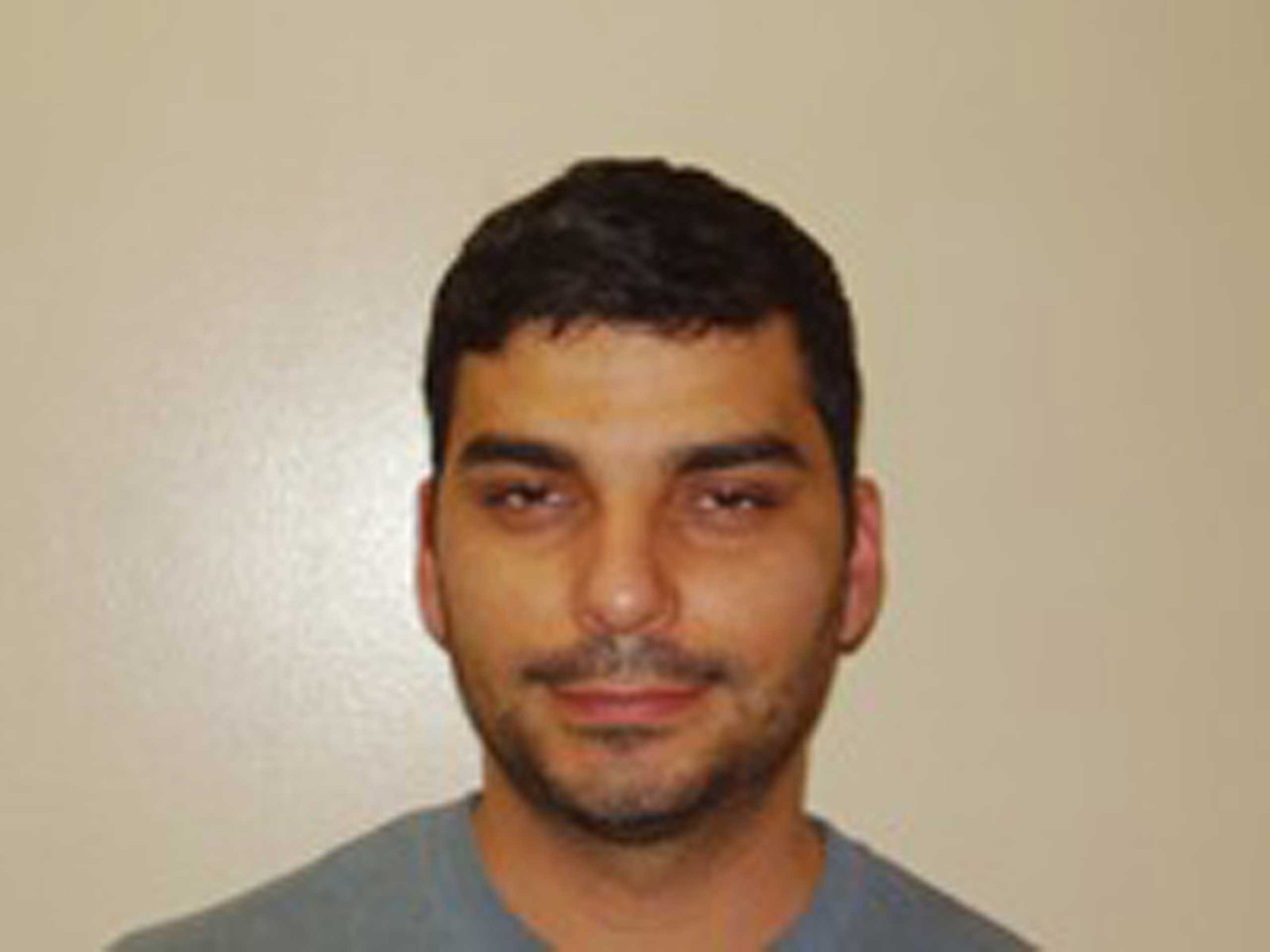
Correction appended, Nov. 17, 2014
An underage girl can consent to sex with a teacher and her sexual history is relevant when considering who is liable for damages in such a case. That’s the argument a lawyer for the Los Angeles Unified School District made in court after the family of a 14-year-old girl sued the district after it was revealed that a teacher had sex with her.
The teacher, Elkis Hermida, was sentenced in criminal court in 2011 to three years in state prison for lewd acts against a child. Hermida, a middle-school math teacher, had sex with the underage girl for a period of six months. But in civil court, where the lawsuit was brought and decided in the district’s favor in late 2013, responsibility for sex between a teacher and an underage student is less clear, the school district argued.
The district said that the underage girl knew it was wrong to have sex with her teacher and the district had no knowledge of what occurred and was therefore not liable, according to public radio station KPCC, which reported details of the trial for the first time on Nov 12. The district also said, according to KPCC, that the girl was partially responsible for the sexual relationship, even though she was younger than 18, the age of legal consent in California. Liability in the case hinged on whether the district knew anything about the teacher or his relationship with the student that made it negligent in the case. A jury found the district was not negligent, but the legal strategy of placing blame on the underage girl has rocked Los Angeles and victims’ advocates who say it could set a dangerous precedent.
“The blame the victim strategy that they adopted is very dangerous for the public at large,” says John Dion, an attorney and deputy executive director of the National Center for Victims of Crime. “It creates a real chilling effect of people coming forward. When they don’t come forward, child sex abuse is allowed to continue. This is a crime that flourishes in secrecy.” In criminal cases in California, defendants are typically not allowed to bring up the sexual pasts of alleged victims, but in the civil case involving the district, the girl’s sexual history was revealed at the trial.
“She lied to her mother so she could have sex with her teacher…She went to a motel in which she engaged in voluntary consensual sex with her teacher. Why shouldn’t she be responsible for that?” attorney Keith Wyatt, who represented the L.A. school district in the civil trial, told KPCC in an interview. After KPCC aired its interview with Wyatt, he apologized in a statement, saying his remarks were “ill thought out and poorly articulated.”
Still, Cynthia Godsoe, a law professor at Brooklyn Law School who specializes in children and the law, says the legal strategy itself is shocking. “Given that the state legislature has said people below 18 years old are not mature enough to consent, I think for an attorney representing a public entity to argue that it’s her fault is not ok,” says Godsoe. “He’s arguing flat out that she’s not a victim and there’s already been a finding in criminal court that she is. I find it kind of amazing.”
The girl’s family is appealing the court ruling. Holly Boyer, the attorney now representing the girl, said she expects to file an opening brief with the appeals court within a month.
Correction: The original version of this article misstated the name of Cynthia Godsoe’s employer. It is Brooklyn Law School.
More Must-Reads from TIME
- Donald Trump Is TIME's 2024 Person of the Year
- Why We Chose Trump as Person of the Year
- Is Intermittent Fasting Good or Bad for You?
- The 100 Must-Read Books of 2024
- The 20 Best Christmas TV Episodes
- Column: If Optimism Feels Ridiculous Now, Try Hope
- The Future of Climate Action Is Trade Policy
- Merle Bombardieri Is Helping People Make the Baby Decision
Contact us at letters@time.com